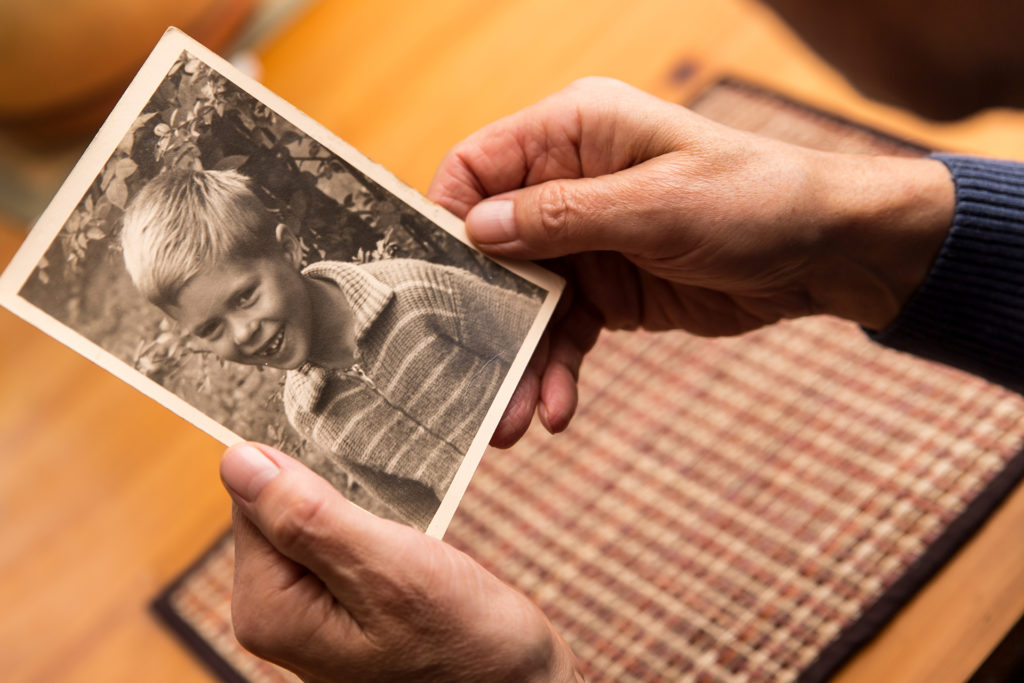How To Spot The Early Signs Of Dementia

By Luca Rado, Co-Founder of Helpd Ltd – Specialists in Live-In Home Care across the UK.
For those who are worried about dementia, there are some common symptoms which may be easy to spot and which concern language, communication, ability to concentrate and reasoning.
Short term memory
A typical early sign of dementia is experiencing short term memory loss. A common sign is misplacing essential items such as keys or forgetting what they had for breakfast that morning. These day to day occurrences can often be an early indicator, particularly if they are a recurring problem.
Change in mood
A significant shift in mood or character is another early sign of dementia. This is a change that sufferers are often unable to detect in themselves, but is an indicator that family members can usually pick up on. Because dementia affects judgement and self-awareness, how an individual thinks they are acting or how they see themselves is less of a consideration. Apathy, in this sense, is another change to look out for.
Apathy and listlessness
Another early sign of dementia is a general loss of interest in day to day activities and hobbies that were previously enjoyed. This is often because dementia affects thought and memory and so the individual may not even consider partaking in the hobby, simply because the thought to do it is no longer there.
Lack of focus and disorientation
Feeling disorientated is another early sign of dementia. Lacking focus and feeling out of sorts can sometimes be a sign of ageing, but it is important to be mindful of how this affects day-to-day activities. If disorientation occurs frequently and begins to cause distress, it is likely to be a sign of dementia and may be worth consulting a medical professional.
Poor judgement
Situations, where quick decisions are second nature, can become a struggle for those who are suffering from dementia. Any unusual, rash actions that are out of character and a potential cause for concern are typical for those with dementia. An example of this would be deciding to take essential belongings to a charity shop or wearing clothing that is inappropriate for the weather. Poor judgement also encompasses spatial awareness, and therefore clumsiness.
Losing a sense of direction
If a loved one suddenly struggles to remember familiar routes, this could be a cause for concern. Forgetting simple directions or routes to familiar places is a common symptom of dementia and should be monitored, as it can often lead to sufferers getting lost or ending up in dangerous places.
Struggling to communicate thoughts
Another sign of dementia is difficulty in communicating thoughts and emotions. Someone with dementia may get confused with wording and struggle to express their point of view naturally and this is because dementia affects communication and language. Skills such as word formation and memory are slowly affected over time and should be discussed with a medical professional if these symptoms start to worsen.
Familiar tasks becoming challenging
Simple and familiar tasks like making a cup of tea or locking a door can become challenging for those suffering from dementia as brain function and cognitive activity start to deteriorate. This can occur suddenly or over time and leads to simple tasks or basic routine unexpectedly requiring a lot of thought and energy.
The Different types of dementia
There are three main types of dementia to be aware of:
1) Alzheimer’s dementia
Alzheimer’s dementia is the most common type of dementia and is a physical condition that causes changes in the brain.
Proteins, plaques, and tangles in the brain damage the brain’s ability to transmit messages, leading to brain cell death. This develops gradually over time and can affect memory, communication, word formation and basic skills such as reading, numeracy and problem-solving.
2) Vascular dementia
The second most common type of dementia is vascular dementia. This is caused by a lack of blood supply to the brain. This can commonly be brought on by a stroke or a series of small strokes and changes can be sudden. The damage caused often means the person who has suffered does not behave like they once did or have the cognitive function that they once had.
3) Frontotemporal dementia
Frontotemporal dementia is a more progressive transition, meaning symptoms worsen over time. Frontotemporal dementia typically affects those aged between 45 and 65 but can affect those who are older. The frontal lobes are the most affected meaning social functions, decision making, problem-solving, insight, empathy and personality are all affected.
The temporal lobes, important for speech, word formation, language, and comprehension, can be affected in what is called semantic dementia.
Physical signs of dementia
Although dementia first and foremost affects the brain and memory, physical signs of dementia do exist. Movement, motion control and progressive control can worsen over time and should be monitored closely.
A person suffering from the physical signs of dementia may exhibit one or more of the following:
- Prone to falls or unsteady on their feet
- Tremors or shaking
- A shuffle when walking
- Find their sleep patterns disrupted
- Have trouble swallowing
Dementia is a complex syndrome that is not fully understood and caring for someone with dementia, whether you are a family member, or a professional carer, is not an easy task. Dementia can lead to feelings of isolation and loneliness, so spotting the signs early on can help your loved one feel cared for, making an enormous difference to their overall wellbeing.









